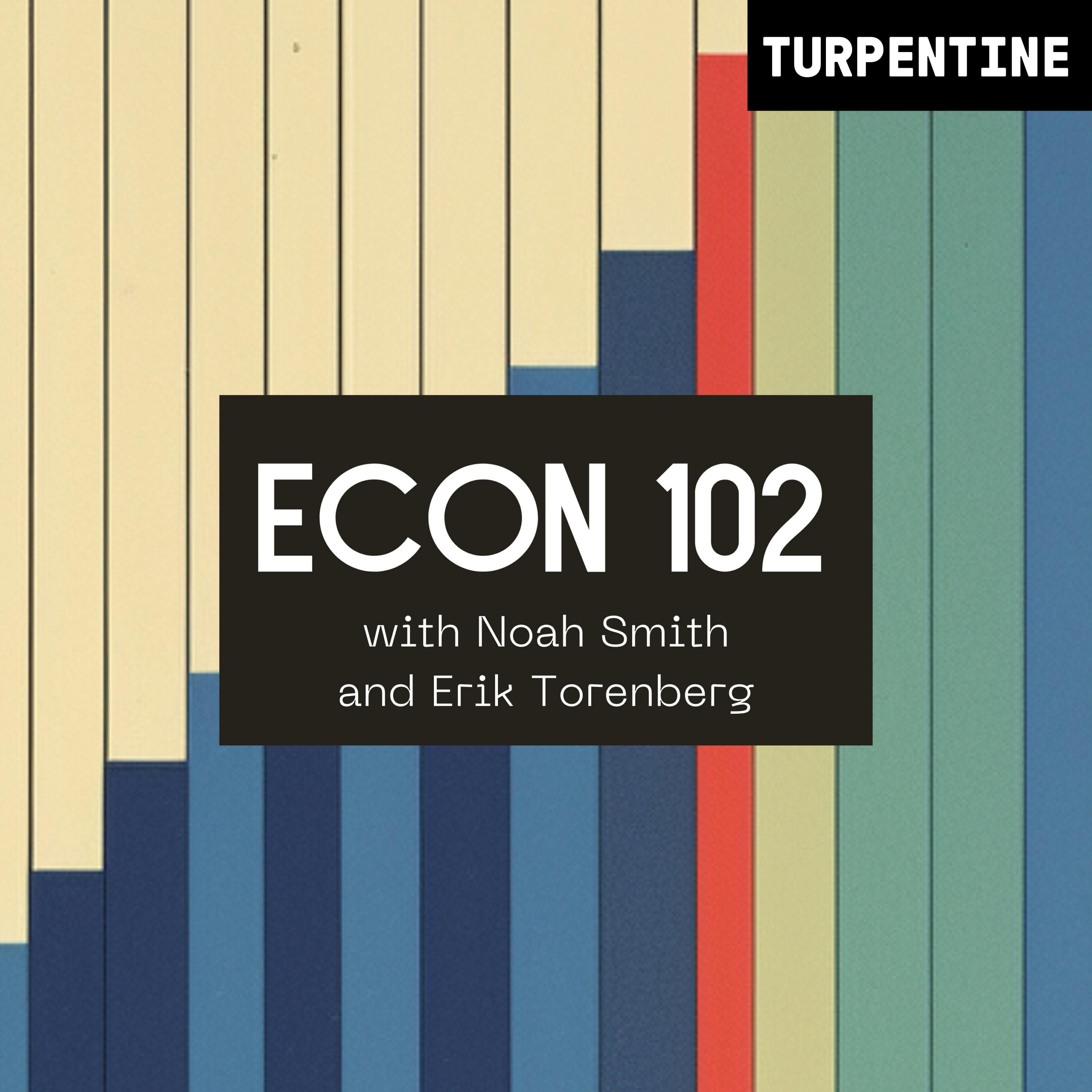PortalsOS
Related Posts
Vote to see vote counts

Historically, the U.S. allowed private sector growth with minimal government interference, unlike China, where the government actively supports industries like railroads and cars.
For the U.S. to experience a manufacturing boom, the government must prioritize land use and simplify regulations, similar to Texas' approach to electric transmission.
Historical financial crashes, like the railroad boom of 1873, show that over-financing rather than wasteful building often leads to economic downturns.
The U.S. needs to address regulatory bottlenecks that hinder manufacturing growth, particularly environmental and permitting issues.

Historically, America has achieved monumental engineering feats like the Panama Canal and the Empire State Building. These projects were completed quickly and beautifully, driven by a cultural desire to accomplish great things. Today, bureaucratic red tape and a lack of ambition hinder similar achievements.
China's completion of the world's tallest bridge in under four years is a testament to their engineering prowess. The bridge, featuring a restaurant 2,600 feet above a river, a theme park, and a glass skywalk, has gone viral, sparking questions about why the U.S. no longer undertakes such ambitious projects.

The Manhattan Project and Apollo missions are examples of successful engineering-led projects within the US government.

The U.S. has been limping along with weak administrative policy and an inactive Congress that hasn't clearly stated its stance on immigrants in the 21st century. This lack of action has led to cruelty and inhumanity in immigration policy.

The U.S. financial system's ability to finance large-scale projects is a significant asset that can be used to support national strategic priorities.
The drive to achieve greatness as a nation has diminished. While individuals still strive for impressive accomplishments, a cultural shift is needed to inspire collective ambition and support for monumental projects, such as space exploration, which are often dismissed as wasteful.